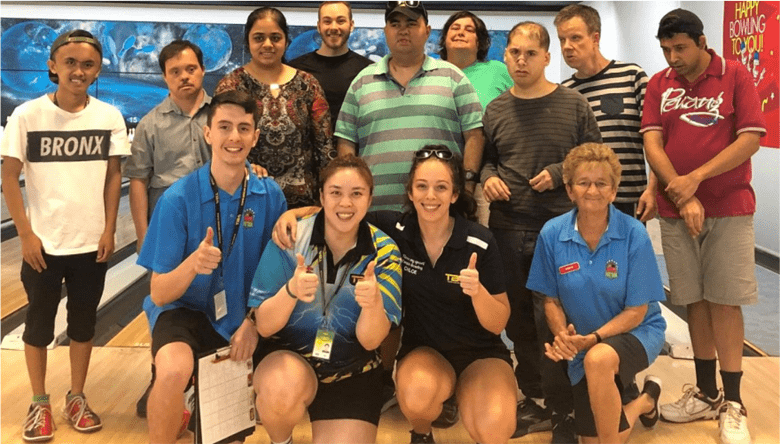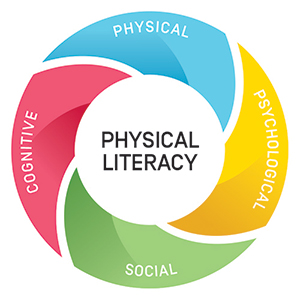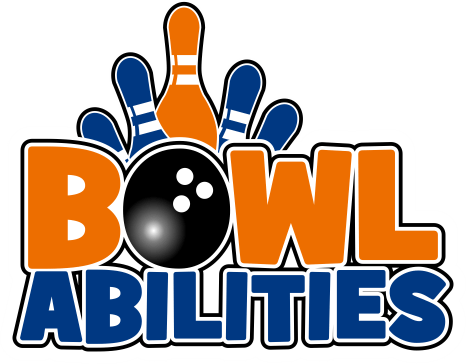Lane Ranger Training – Ranging the Lanes
What does a Lane Ranger do?

A Lane Ranger is what we call the person who delivers these programs. That’s you. A teacher, support worker, parent, carer, bowler, coach or someone keen to learn how to bowl.
- Like a coach; you’re able to communicate really well. No need to be a great bowler!
- Reliable, vibrant, friendly, attentive, work well with children and adults
- Like a teacher; able to instruct large groups with different needs all at once
- Lane Rangers may work with parents/volunteers, coordinate and run sessions
- Promote the programs responsibly and report back to centre or state managers
- Is aware of the importance of child protection and treating people equally
- Strives at all times to keep participants safe and having an enjoyable learning experience
Lane Rangers must complete this training, be registered and agreed to the Terms and Conditions.
Lane Rangers must also possess current government clearances (e.g. Working with Children, Blue Card, Vulnerable People) prior to delivering a program. Click the link for your state below if you do not possess current government clearance.
Australian Capital Territory – Working With Vulnerable People
New South Wales – Working With Children Check
Northern Territory – Working With Children Clearance (Ochre Card)
South Australia – Working With Children Check
Queensland – Blue Card
Tasmania – Work With Vulnerable People
Victoria – Working With Children Check
Western Australia – Working With Children Check

It’s strongly recommended that anyone working with children also completes Play by The Rules Child Protection training, this online course is free.
Once approved, you’ll have access to a secure online Lane Ranger’s portal, complete with additional resources including all the session plans and videos to help you deliver a high-quality program.
PHYSICAL LITERACY
Sport Australia has created a Physical Literacy Framework to assist building skills, knowledge and behaviours to lead active lives. It helps to understand progress on a physical, psychological, social and cognitive level – here’s how it might apply to tenpin bowling:

PHYSICAL
- Movement skills: stepping, walking, lunging, squatting, lifting, swinging, pushing.
- Equipment used: bowling ball, large tennis ball, beanbags.
- My muscles are getting stronger, I’m getting fit, this will improve my balance and coordination.
PSYCHOLOGICAL
- Emotions: success, failure, working towards a goal, part of a collective (bowlers, Bowl Patrol, centre).
- Motivation to score a strike, knock more pins down, gain a wristband, progress to shorter carpet.
- What happens when I fail? How do I feel when I bowl well? Why do I get angry when I miss the pin?
SOCIAL
- Relationships & Collaboration: team mates, centre staff, coach/Lane Ranger, Assistant Lane Rangers.
- Ethics of fair play, etiquette of tenpin bowling, respect for equipment, other players, competition.
- How do I encourage other bowlers? Teaching my friends how to bowl is fun. I like learning with others.
COGNITIVE
- Safety & Rules: picking up the ball, avoiding slippery lanes, wearing special shoes and taking turns.
- Tactics: adjusting ball delivery to target remaining pins, aiming for high scores, strikes.
- How many more points do I need to hit my goal? Am I safely bowling? If I think hard about it – I bowl better.
SUMMARY
Here’s what some of some of our Lane Rangers think is the most important thing to remember;
- Sarah says “The varying abilities of the participants can be very different; you need to be able to adapt content to suit. The important thing is that they are having fun and being active (not always about perfect technique and high scores)”
- Emily says “Teach to the ‘group’, stay positive with feedback, don’t worry about critiquing technique too much.”
- James says “Over the course of multiple programs I’ve seen participants grow socially and develop more sophisticated social skills as well as the bowling fundamentals being taught during the program.”
- Moira says “They are kids. Focus on fun BUT have rules. Don’t expect the kids to get it right first or second…. go. Celebrate the small successes.”
What have I learnt? What a Lane Ranger does and how learning to bowl is more than just the physical movement.
